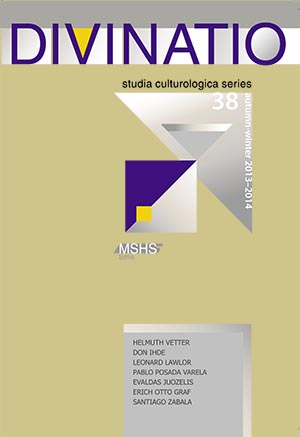
Wilhelm Dilthey, Martin Heidegger and Heidegger's anti-Semitism
Wilhelm Dilthey, Martin Heidegger und Heideggers Antisemitismus
Keywords: Wilhelm Dilthey; Martin Heidegger; anti-Semitism
More...
Keywords: Wilhelm Dilthey; Martin Heidegger; anti-Semitism
More...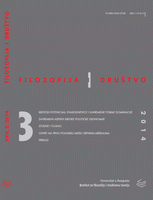
Keywords: Reform; transformation of the political; dungeon; prison; public; norms
The paper examines the meanings of the notion of reform. Is reform an act or a process; what is an object of reform and how is it performed; is the scope of its performance limited or does it permeate deeper social structures? The approach to reform in this paper is genealogical, through the analysis of the processes of institutionalisation of the prison in Great Britain in 18th and 19th centuries. Although the elaboration of these processes revolves around a particular era and place, this micro-sample gives rise to conclusions that surpass historically conditioned analysis. The aim of this paper is to show that reform has to be understood as an expression and effect of a profound transformation of the political, as well as the complex, multilateral and dispersive process which penetrates into and alters extant social relations.
More...This paper is focused on the biographies, careers and networks of Bulgarian and American nurses as agents of biopolitics in the process of their collaboration during the establishment of modern nursing education in Bulgaria. It is based on the intensive correspondence between leading American and Bulgarian nurses in the 1920s and 30s preserved in the Nursing School Archive (in the Central State Archive Sofia), as well as on the publications (articles, books, reports etc.) of these nurses. The goal of this research is to point out the importance of the “imagined societies” of nurses and their networks. These imagined societies were important in establishing nursing as an independent profession, such as midwifery and teaching. This struggle for the recognition of professional status and for raising the importance of this profession was an important part of the efforts of the international networks of nurses. As Celia Davis writes, “…a key issue for consideration is not so much the exclusion of women from work defined as professional, but rather their routine inclusion in ill-defined support roles. This adjunct work of women, it is argued, facilitates the ‘fleeting encounter' of professional practice, thereby resting on, and celebrating, a specific historical and cultural construction of masculinity and a masculinist vision of professional work”. Another goal of the paper is to contribute to the history of biopolitics in its perspective as a history of women as social reformers and agents of biopolitics.
More...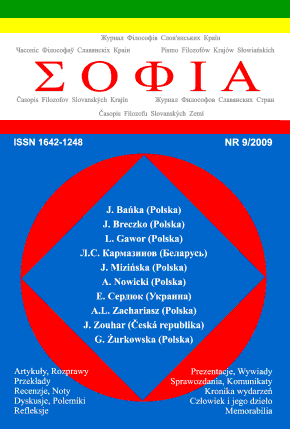
This paper is devoted to Zdzislaw Cackowski’s philosophy of man. The basic thesis of that philosophy is the sentence: man is the world of man. This has many consequences. Methodological: we cannot understand man, without understanding the world in which and by which he lives. Ontological-cognitive: there is as much world as there is man, and anthropological-moral: there is as much world as there is human responsibility. This is not, however, classical anthropology. We do not have here the question, what is man or what is the world in which man lives in. Instead, we ask, what are the mechanisms that are at the foundation of the human world-creation, on what levels, layers and planes do humans realize their humanity, and by what means do humans realize their life. Cackowski is not interested in man as such, instead he is interested in the means, forms and mechanisms of the human world-creation.
More...Lengyel András: József Attila verseinek új kritikai kiadása Dunajcsik Mátyás: Egy forradalom dokumentumai (Balassa Péter: Segédigék – Esterházy Péter prózájáról) Bazsányi Sándor: Leltárkedv és hatásiszony (Szabó Gábor: „...te, ez iszkol”. Esterházy Péter Bevezetés a szépirodalomba című műve nyomában) Vörös István: A lift világszemléletéről (Halasi Zoltán: Így ér el) Gelencsér Gábor: BG, avagy egy szerző keresi a várost (Bikácsy Gergely: Saját Róma) Gyenge Zoltán: Az eleven, az a szép (Bacsó Béla: „Az eleven szép”)
More...Chapter from The rule of Man and the Desire of Woman, Part 1
More...
Keywords: Sovereignty; State
The development of sovereignty.
More...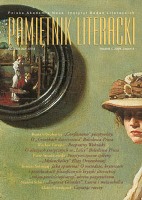
Keywords: BOLESŁAW PRUS; “THE DOLL” BY PRUS; STANISŁAW WOKULSKI; KAZIMIERA WĄSOWSKA; THE EROTIC ALLUSIONS IN “THE DOLL”
The article reflects upon the character of the complex relations of the discourses of modernity with the central thread of The Doll, i.e. Stanislaw Wokulski’s affection for Izabella Łęcka. The author of the paper shows the ostensible inconsistencies and concealments of the work written in 1890 which refer, above all, to sexual issues: the wealthy merchant’s Parisian “debauchery,” and his attitude to a Warsaw prostitute, and to Kazimiera Wąsowska. In his polemics with the existing readings of The Doll, Forajter proves an analogy between the way Wokulski’s mind is presented and Michael Foucault’s theory of modern subject. Stress is also put on the process of Wokulski’s “liberation” from the limits imposed by sexual discourses: his attitude to prostitution, the idea of marriage, moral norms, etc.
More...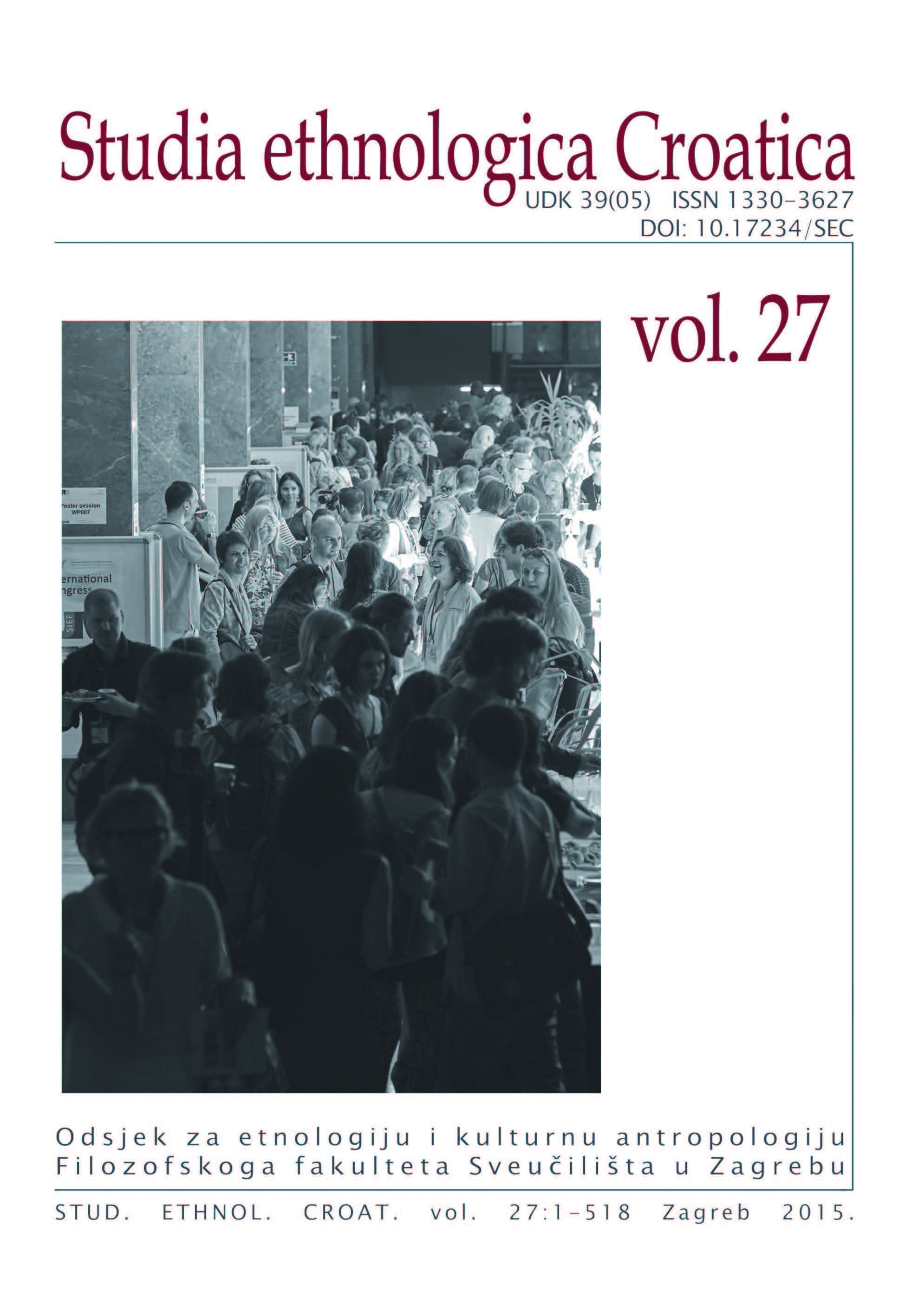
This paper presents research results concerning the (re)-construction of the ethnic / national identities of particular minority communities in the Republic of Croatia, as shaped by fluctuations in the social and historical context (over the period when Croatia was part of the Federal Republic of Yugoslavia, thereafter in the periods of democratic transformation, the Homeland War, and the independent Republic of Croatia). We take a multi-method approach, on the one hand exploring the official categorization and classification of national minorities within the Constitution of the FRY and the Constitution of the RC, whilst also examining theoretical and conceptual explanations and their implementation in defining identity. The empirical part includes in-depth interviews with members of different ethnic minority communities living across the territory of present-day Croatia. The paper emphasizes how certain institutional classificatory schemes or historical moments may be imposed or lead to volatility as concerns the strategies, positions and roles of certain minority communities. In addition to the official definition and institutionalized classificatory schemes that are directly attributed to the specific identity characteristics of each group, social identities can be the result of free choice, coercion, strategy games played by individuals / members of certain groups themselves or resources mobilized in order to achieve political or economic goals. Through considering these two approaches to the analysis of national minority identities in present-day Croatia, we elaborate not only the procedural and dynamic character of identity but also its variable and situational nature.
More...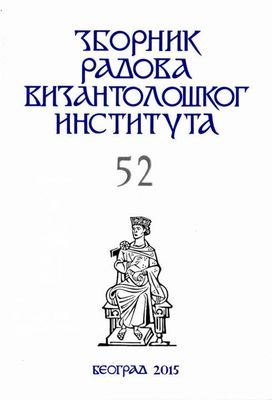
Keywords: Michael Psellos; Constantine IX Monomachos; genre; irony; horizon of expectations; history; drama; rhetoric
The paper deals with the problem of genres and methodological digressions in the sixth book of Michael Psellos’ Chronographia, in the context of contemporary genre theories. Conventional opinions about author’s motives for composing digressions about genre and about the complex argument he leaves for interpretation of his own text will be questioned. The main thesis is that the genre–play within history – primarily the use of drama and encomium – has a role in depicting the ironic portrait of the emperor Constantine IX Monomachos.
More...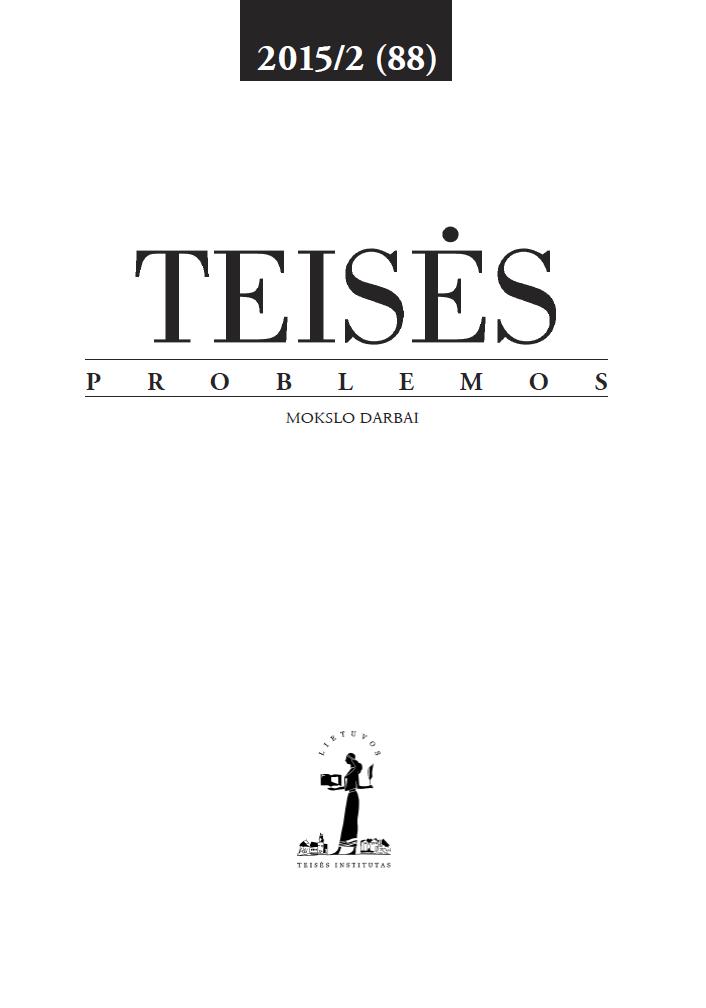
Im Aufsatz werden die grundsätzlichen Fragen der Bedingungen im Strafvollzug behandelt und diese als die wichtigen Voraussetzungen für die Integration der Gefangenen in die Gesellschaft betrachtet. Nur ein humaner und auf die Menschenwürde achtender Strafvollzug kann solche Voraussetzungen schaffen. Dabei wird betont, dass der Strafvollzug wahrscheinlich der schlechteste Ort für die Resozialisierung ist, aber bis die Freiheitsstrafe eine Realität der Strafpolitik darstellt und immer noch als ultima ratio verhängt wird, muss auch unter diesen ungünstigen Bedingungen für mögliche positive Entwicklungen gesorgt werden. Dabei ist zuerst eine klare Differenzierung zwischen den Straf- und Strafvollzugszielen sehr wichtig. Die anderen Voraussetzungen für den resozialisierenden Strafvollzug sind: die planmäßige und individualisierte Vorbereitung auf das Leben in der Freiheit, die auf den gegenseitigen Respekt ruhenden und konstruktiven Beziehungen zwischen dem Personal und den Gefangenen, der angemessene Haftraum und die anderen Lebensbedingungen, die Arbeit und die Ausbildung, die Strafvollzugslockerungen. Diese Aspekte des Strafvollzuges werden unter Berücksichtigung der internationalen Standards sowie der internationalen Praxis analysiert. Als Hauptfolgerung wird die These formuliert, dass der Strafvollzug in Litauen immer noch sehr von der alten totalitären Tradition geprägt ist und eine grundsät¬zliche Reform braucht. Die in diesem Aufsatz dargestellten theoretischen und praktischen Probleme der Bedingungen im Strafvollzug werden auch als eine Bestandsaufnahme und eine Grundlage für eine empirische Forschung gedacht, die demnächst in den litauischen Strafanstalten nach dem entwickelten Fragebogen für die Gefangenen durchgeführt wird.
More...
Keywords: panopticon; panorama; ancient Greek culture; Classical Greek philosophy; Heraclitus; Plato; Jeremy Bentham; Michel Foucault;
The author of the article focuses on the origins of the idea of panopticon in Classical Antiquity. Though the point of departure is the concept of the panopticon as an architectural structure, for example, a panoptic prison or factory, as envisaged by Jeremy Bentham in the late 18th century, the author, seeking to trace the beginnings of this idea in the ancient Greek culture, treats the concept of the panopticon both in the broadest possible sense and in that sense which might be viewed as a direct anticipation of the modern (Benthamian) concept of panopticon. First of all, in the first chapter of the article, starting with the analysis of the words “panoramic” and “panoptic”, the author draws attention to the fact that both these words, strictly speaking, are of a rather late coinage (though the adjective panoptēs, employed as an epithet of some gods and other mythological beings, is already attested in the corpus of Classical literature), yet each of them has two easily recognizable Greek roots: the meaning of the first one, namely, pan-, is “all”, and the meaning of the second one is “visual, optical”. After discussing some subtle semantic differences between the meanings of the words “panoramic” and “panoptic”, the author briefly presents a few examples of Greek mythological narratives illustrating the “panoptic” abilities of some divine beings. In the second chapter of the article, the author discusses the varieties of “panoramic” and “panoptic” phenomena (as well as certain “panoramic” and “panoptic” aspects of some other phenomena) in Classical Greek philosophy, mainly focusing on the philosophical importance of vision and visuality in Greek experience and theoretical thinking, as well as on some specific “panoramic” and “panoptic” features inherent in the ancient Greek world-outlook and general mindset. By way of the examples drawn mainly from the works of Plato and Heraclitus, but also from such fields as mythology, geography, and architecture, the author presents an argument for the close affinity, interrelationship, and interdependence between the logocentric and optocentric traits in Greek experience, philosophical thought, and general mindset. The “panoptic” character of Classical Greek culture is analyzed not only in terms of the conceptual and experiential interrelationship between the optocentric and logocentric traits in Greek world-outlook, but also from the point of view of the hypothetically reconstructed everyday experience of ancient Greeks. A few examples from the works of Plato and Heraclitus are presented in order to demonstrate the existence in the ancient Greek thought of those aspects of Greek “panoptic” phenomena that might be viewed as direct and rather exact anticipations (replete with all necessary judicial references and connotations) of the modern concept of panopticon as envisaged by Jeremy Bentham. At the end of the article, the author draws a conclusion that, despite the absence in the ancient Greek language of the word “panopticon” as a precise technical term with contemporary meaning, various approximations to the contemporary concept of panopticon, including both vague intimations and very close anticipations of the modern concept, already existed in the culture and mental landscape of Classical Antiquity. It is also very important to observe that the ancient Greek correlates of the modern concept of panopticon were imbued with a much broader spectrum of philosophically significant meanings.
More...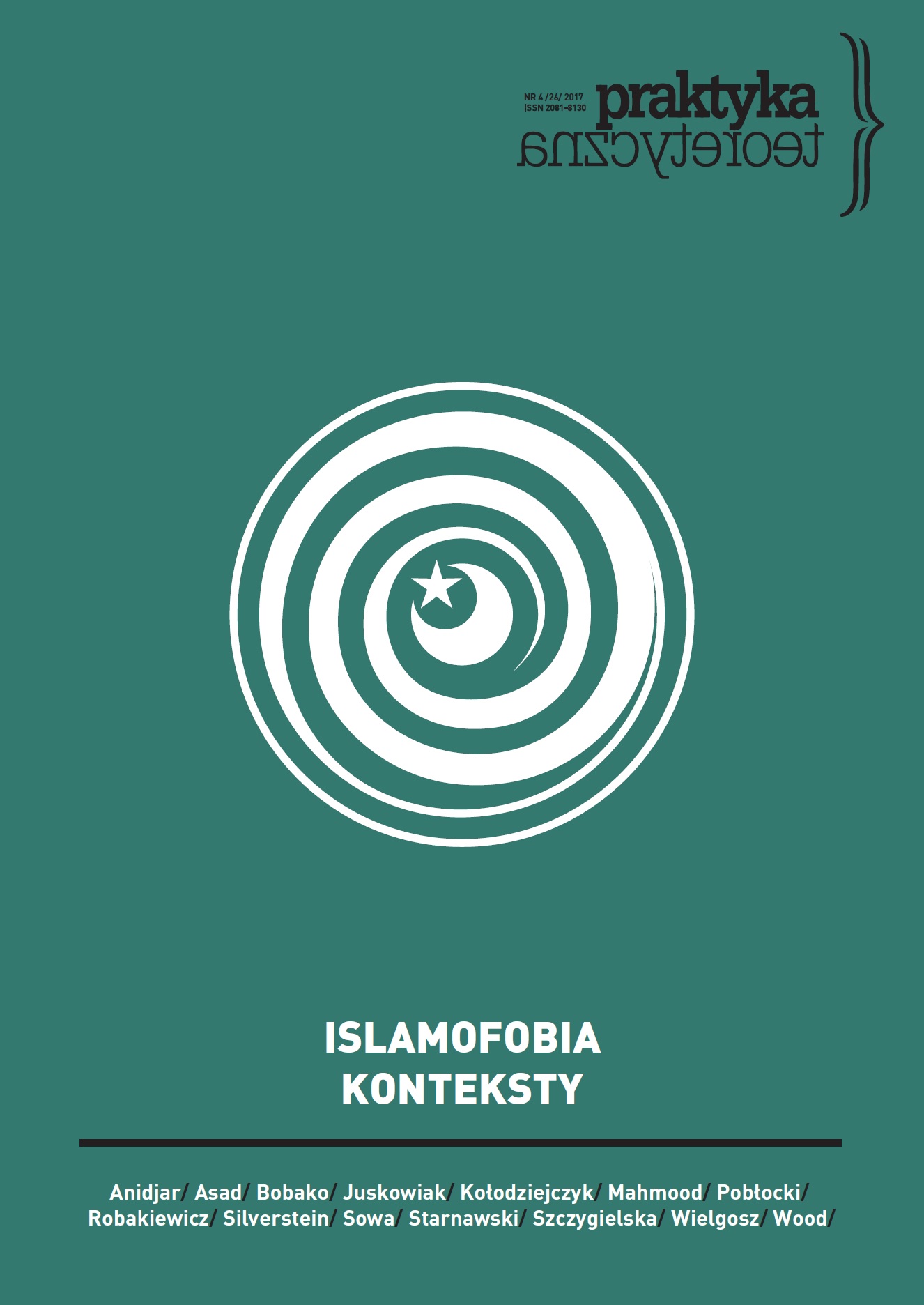
Keywords: logistics; Marx; infrastructure of acceleration; circulation of capital; annihilation of space by time; logistical city
The primary goal of this article is to reinterpret the most essential recent transformations of the logistics sector (e.g. new forms and functions of infrastructure, innovations in the field of software and space production, specificity of logistical cities) from the perspective of critical urban studies. To do so, I draw inspiration from Marx’s conceptions of the circulation of capital and the annihilation of space by time. The first part of the article pays particular attention to two intertwined threads of late Marxian thought: the methodological primacy of movement, and the distinct role of transport in realizing and increasing surplus value. Both of these latter make it possible to see logistics as the logical result of the spatial dynamics of capital and the capitalist logic of acceleration analyzed by Marx in the second volume of Capital and Grundrisse. The article’s second part is an extensive interpretation of Marx’s concept of annihilation of space by time. Proposing three possible readings of this concept (compression, synchronization, and abstraction), I attempt to relate them to the logistic strategy of the creative destruction of space being undertaken thanks to the infrastructure of acceleration. In the third part of the article, I discuss these innovations of the logistics sector as a general tendency of contemporary capitalist development. For this purpose, I take up the notion of fabricating a world (Mezzadra and Neilson 2013a) as something that enables the exploration of the new geo-economic order as a result of changing forms of infrastructure power and of subjectivity production enacted through global factories (Cowen 2014b) and logistical cities.
More...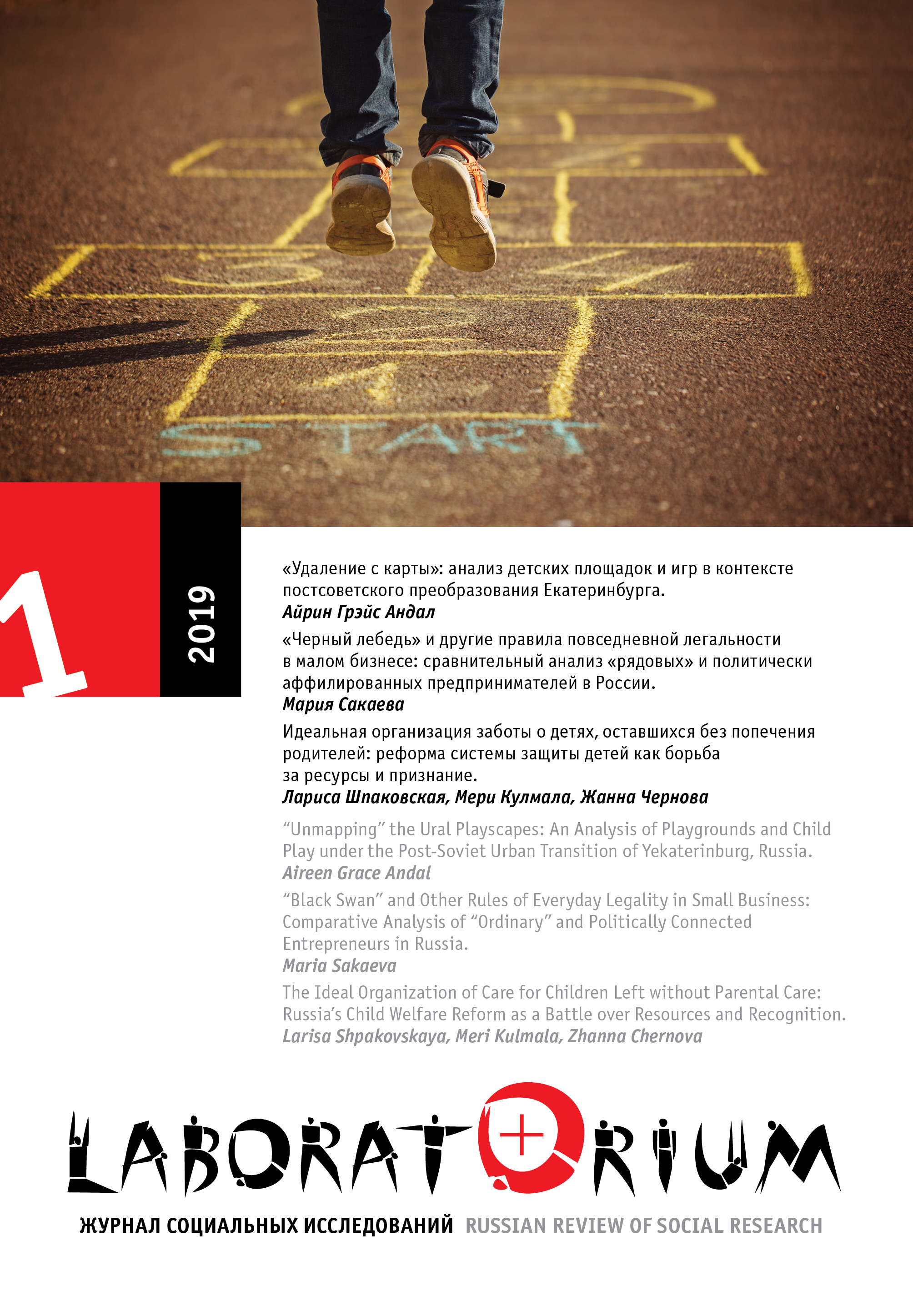
Keywords: Discursive Dosing; Radiation; Discursive Figures; Discursive Formations; Archeology of the Peaceful Atom; Situated Speech; Scale; Ecology of Discourse; Nuclear Veterans;
This article is devoted to the discursive construction of radiation. Here nuclear archeology coexists with nuclear ethnography, and empirical research on nuclear industry veterans’ speech is supplemented by epistemological work to expand the discursive analytics. I consider scientists and engineers, the pioneers of Soviet atomic technoscience, as carriers of pre-Chernobyl discourses about the “peaceful atom.” The article focuses on how these people, for whom radiation had not been a subject of public speech for decades, today include it in retrospective narratives about their life and work addressed to researchers, journalists, residents of the atomic city, and readers of nuclear memoirs. In search of procedures for inclusion and conditions of possibility for articulation of radiation, I turn to the analysis of discursive figures, formations, and individual speech situations—that is, I combine in a single study different scales of discursive analytics. In the article, three discursive formations of the “peaceful atom”—grouped around nuclear optimism, radiation damage, and safety—are briefly characterized in an archaeological mode. I suggest that the conditions of possibility for absence of radiation in the nuclear industry veterans’ speech are determined by radiation’s position in relation to larger atomic discourses. At the same time, the inclusion of radiation in discourse always occurs in a local situation of interaction with its own pragmatic resources for meaning production.
More...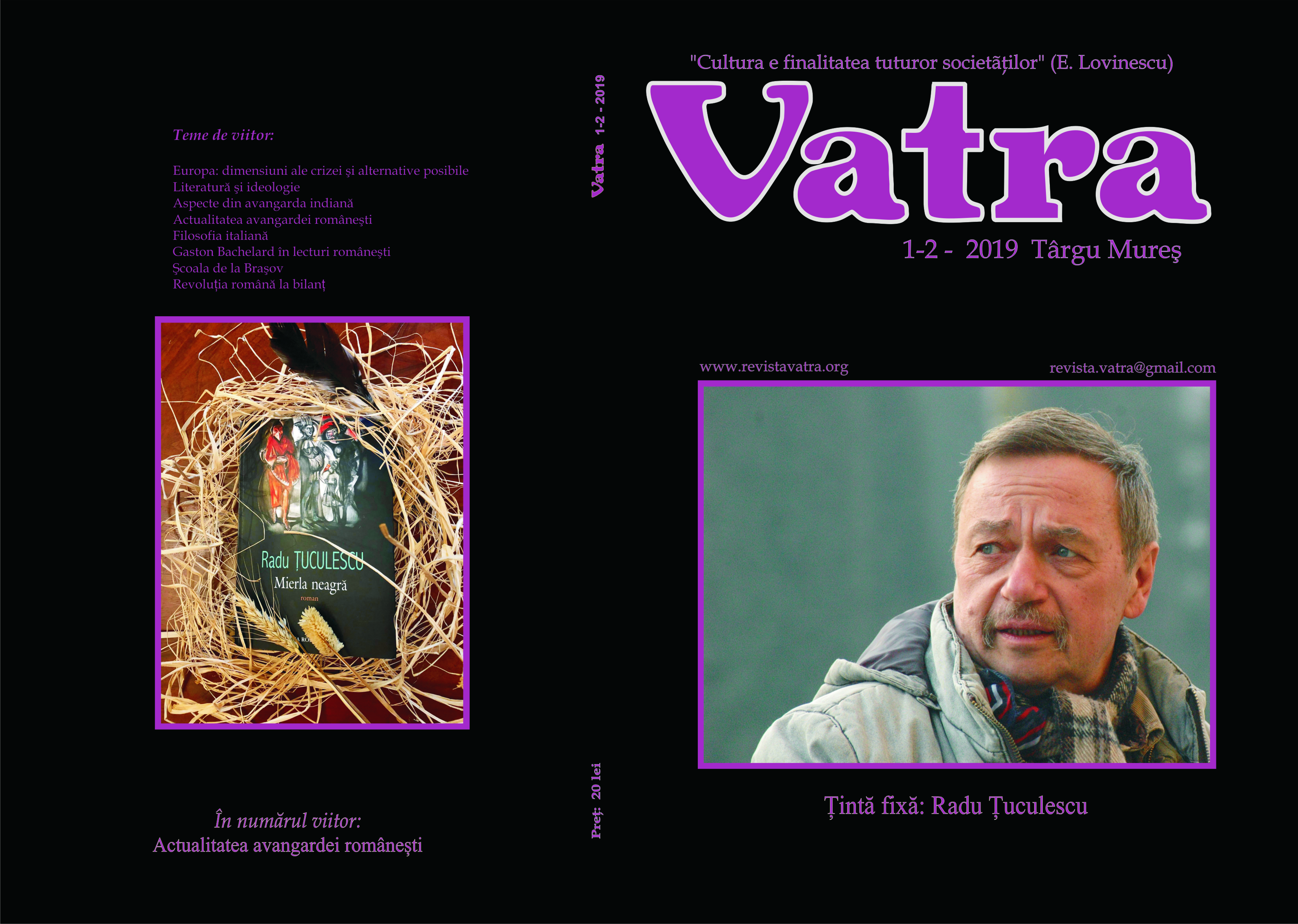
Keywords: Dan Lungu; Michael Scott Christofferson; Mina Decu; Ioana Vintilă;
A collection of reviews of the following books: „Pâlpâiri” (Dan Lungu), „Frumoasa necunoscută” (Carmen Mușat), „Exerciții de irealizare” (Marius Popa), „S.” (Stelian Muller), „Epopeea șobolanului Louse” (Traian Ștef), „Inima desenată pe cer” (Margareta Curtescu), „Păsări în furtuna de nisip” (Ioana Vintilă), „Desprindere” (Mina Decu), „România continuă ” (Cătălin Augustin Stoica), „Intelectualii francezi împotriva stângii. Momentul antitotalitar din anii 1970” (Michael Scott Christofferson).
More...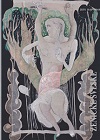
Keywords: New; life forms; evolution; mental strength; crystallization process; life; nature;
Fernando Pessoa u Knjizi nemira otpočinje s uvidom u posve drukčije shvaćanje umjetnosti, znanosti i života. Dolazi doba bez svoje navlastite "istine", doba ispražnjeno od velikih utopija i još ispraznijih snatrenja o posvemašnjem obratu vrijednosti. Ništa više ne može zadovoljiti interes uma bez polaganja računa o njegovim granicama. Umjesto "revolucija" i "utopija", "kontrarevolucija" i "distopija" ono što nadolazeće određuje bit će pitanje stvaralačke evolucije sâmoga života. A njegova se sudbina nalazi između dekadencije i klasičnoga uspona. Sve to, paradoksalno, usmjerava našu projekciju budućnosti u ono neodredljivo. Složenost mišljenja proizlazi iz njegove nesvodljivosti na bilo što partikularno i ograničeno. [...]
More...Keywords: national security; human rights; rule of law; digital era; private data;
The study is aiming to convey an interdisciplinary analysis to what gathering intelligence in digital space represents from a legal point of view and what the lack of ethics of such state governed endeavours cause to a democratic society by examining the latest case studies in European and international jurisprudence. To sort out the necessities and scope of intelligence in cyberspace we use the realist, consequentialist and deontological ethical filters in order to realise how developing technologies are connected to the moral compass embedded in human nature.
More...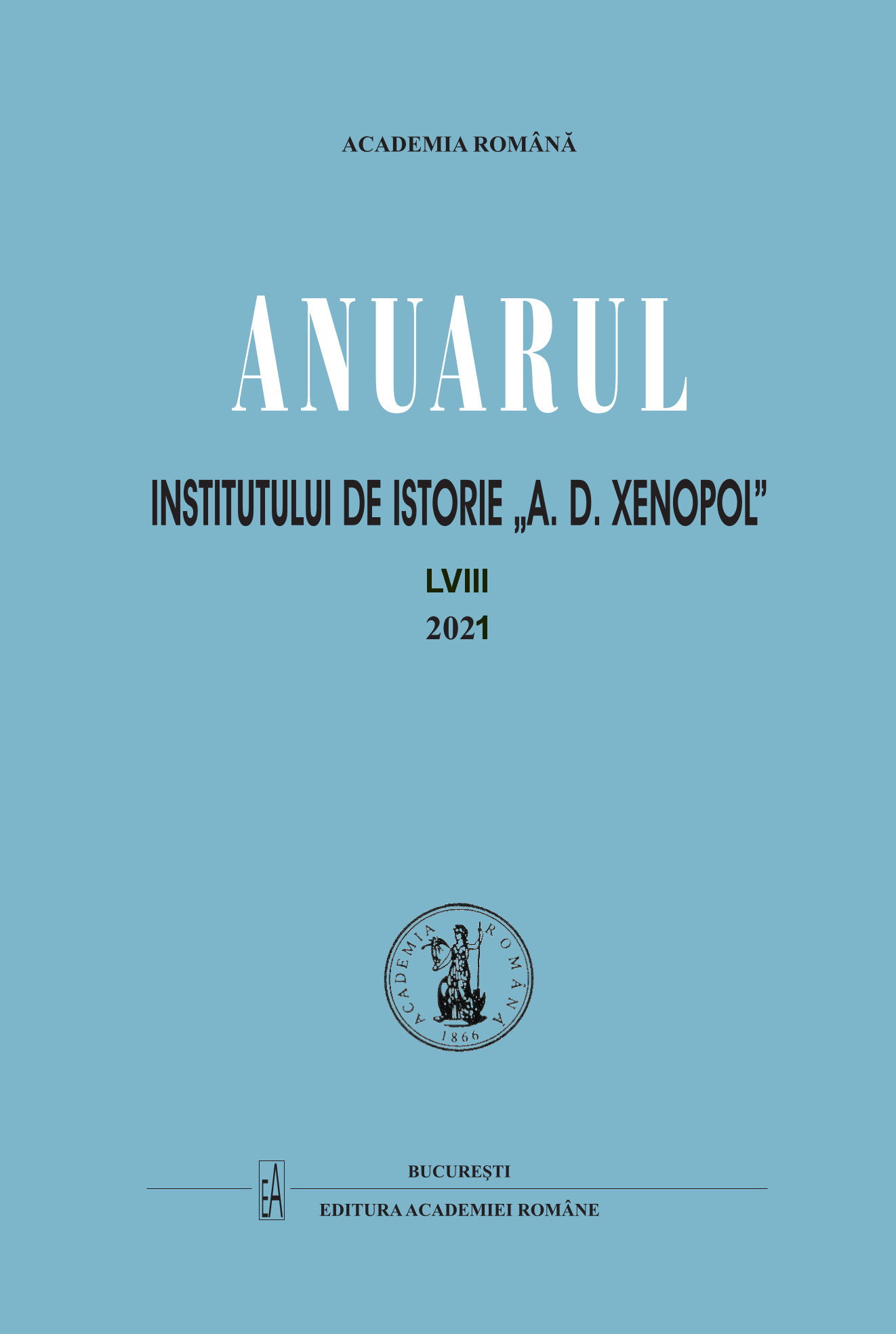
Keywords: mourning; reminiscence; memory; absence; posterity;
What does it mean to remember? A moment when the present returns to interrupt the past a little. However, because memories can have several beginnings, do we dare to provide them one end? And what will that be: the end accepted by us or the one preferred by others? The paper points out that the most commonly revived nostalgias are those without a particular end. For instance, the Disappeared transfigures; our memory equals it with the domestic perimeter where it should have returned. Hence, the things that survived to nowadays ended up meaning its imminent return or just the mimicking of this too little probable fact. However, the deceased loses his age rapidly if the memories of the contemporaries are no longer present.
More...